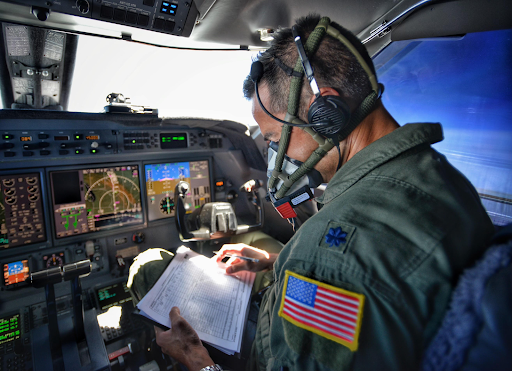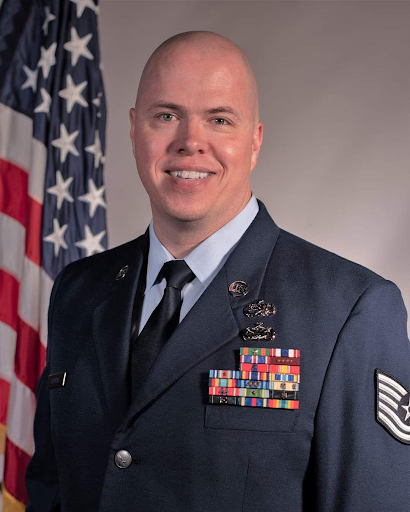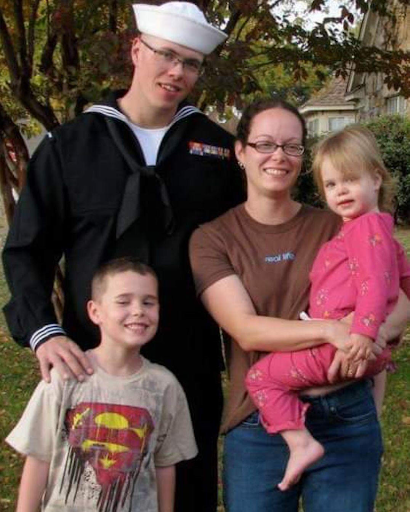After moving four times up and down the East Coast, he finally settled in Memphis, TN. Eli Jacobs (11) is a military kid attending White Station High.
Military kids, sometimes called military brats, are the children of a parent or legal guardian who is currently serving or has served in the military. Many military kids watch their guardians get deployed numerous times and may have to move across the country, or even the world, in a short period of time to live with them on or near military bases.
“[My dad is] retired now, [but] he was in [the military] for 20 years,” Jacobs said. “He retired [when] I was in 7th grade.”
The Department of Defense (DOD) has reported that out of the two million military personnel who are currently employed, 37% have children. This means there are roughly 740,000 “military kids” in the United States.
“[My father] has served overseas [and in the United States],” Conner Blumkin (12) said. “He’s been in three different branches: Army, Navy [and] Airforce. He’s been deployed four times, so all over the Middle East [and] all over Europe as well.”
Military kids receive many benefits from their military parent(s). These benefits include education, healthcare, child care, employment and more. One of the more well-known benefits is the GI Bill, which helps military veterans and their family members pay for their education.
“I get his healthcare ‘til I am 25, I think … [I get] full dental, full everything,” Blumkin said. “I am a part of his GI bill, so he can transfer part of that to me so I can get the same benefits he does with public education. [That includes] free college for as much as he wants to sign off on. That goes along with his disability [insurance] as well.”
Many military families have to move around a lot due to service. The military often moves its personnel around to different duty stations, especially as a service member ranks up. Some families, like Blumkin’s, have never had to move for military-related reasons. However, some like Jacobs’, have moved multiple times.
“Moving around is a good and bad thing,” Jacobs said. “It kind of sucks to have to restart because we moved four times … I was born in New Jersey, and then we moved to Florida, and then to Maryland and then to [Memphis].”

Military kids have also found it difficult to communicate with their military parent(s). Since military service follows many rules and regulations, outside communication is limited. Military kids can also be mentally affected by deployments, with the National Center for Children in Poverty (NCCP) reporting that one in four military kids suffer from depression.
“It’s a lot harder to maintain the relationship you had beforehand and after the fact,” Blumkin said. “There’ll be nights you won’t get a text [and] there’ll be nights where you get a bunch of texts. It’s very … bipolar … so it can get difficult at times, but you just have to keep moving and know that he’ll come back eventually.”
Some military kids want to follow in their parent’s footsteps and pursue a military career. If they go through the college route, they will complete four or more years of college and then become an officer in their selected branch of the military. However, some people join the military straight out of high school.
“I’m planning on doing Army with the ROTC scholarship, [to] go through college and become an officer out of college,” Blumkin said. “I’ve already committed to Western Kentucky University.”
Despite the emotional rollercoaster ‘military brats’ may experience during their guardian’s deployment, they learn to navigate through life with a unique perspective. Their stories serve as a reminder of the sacrifices made by not only those on the front lines, but the families that stand behind them.
“We’re not much different from your other families … every family has their ups and downs, it’s just a whole different lifestyle,” Blumkin said. “It doesn’t make us any different.”





































